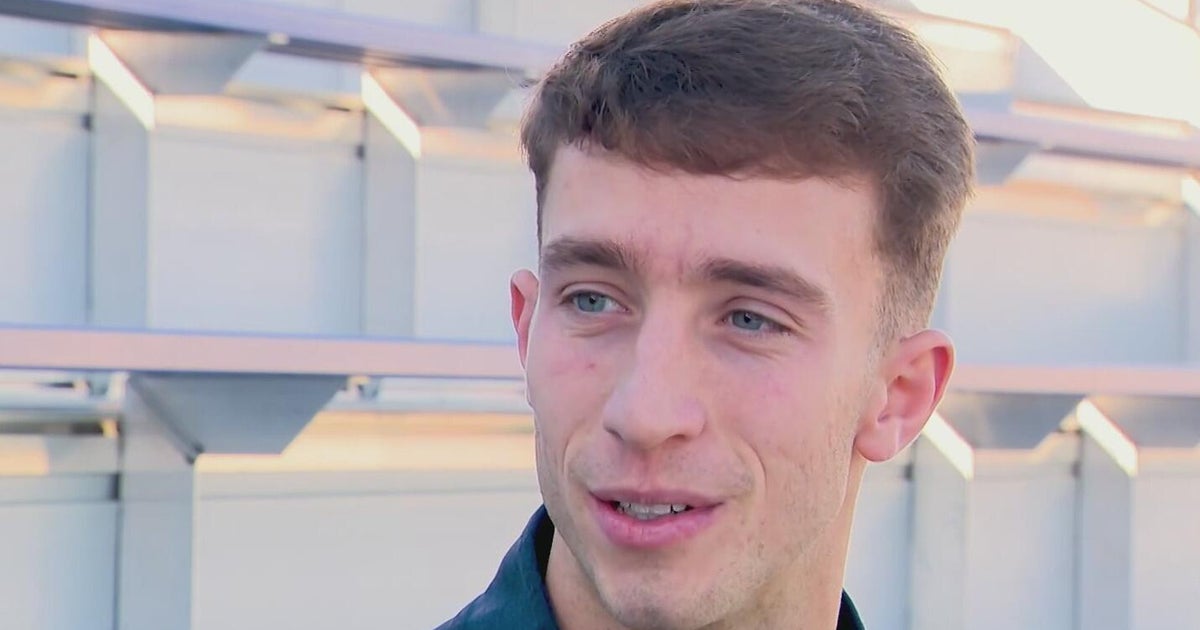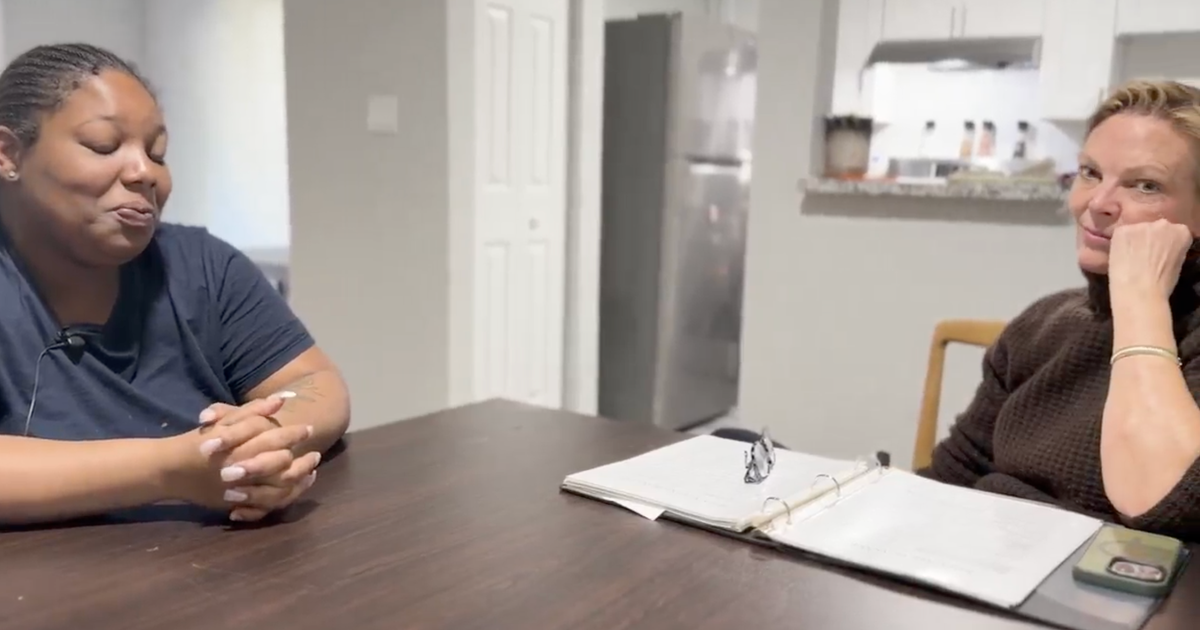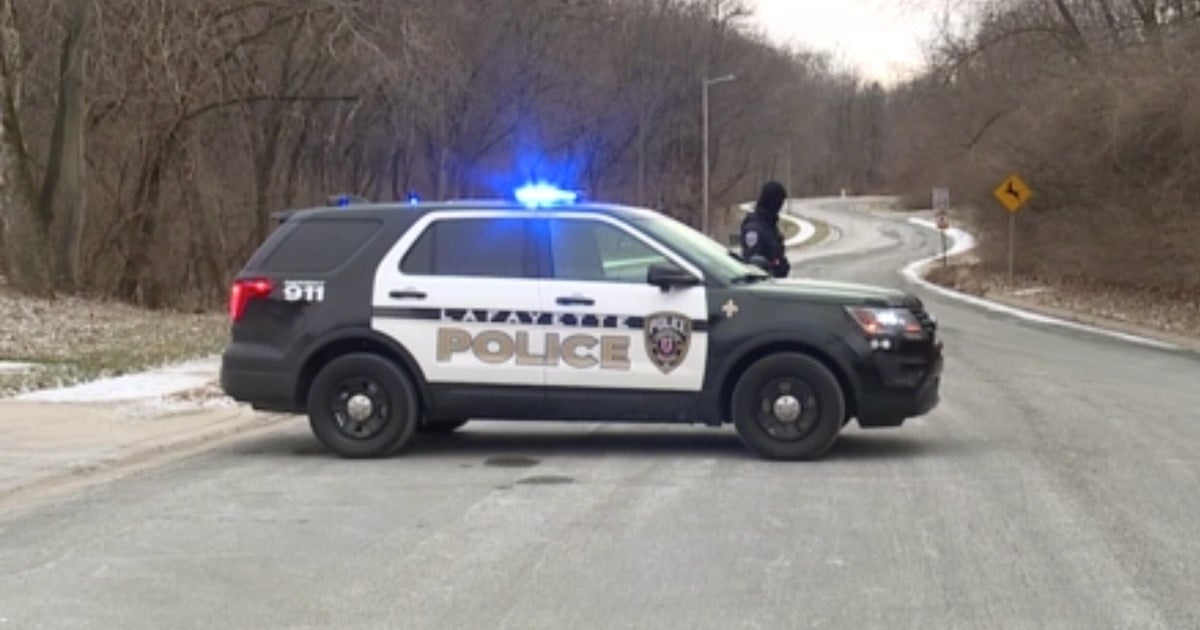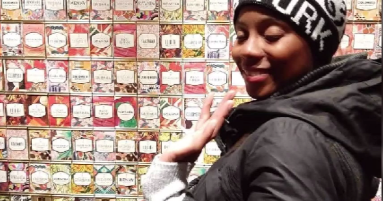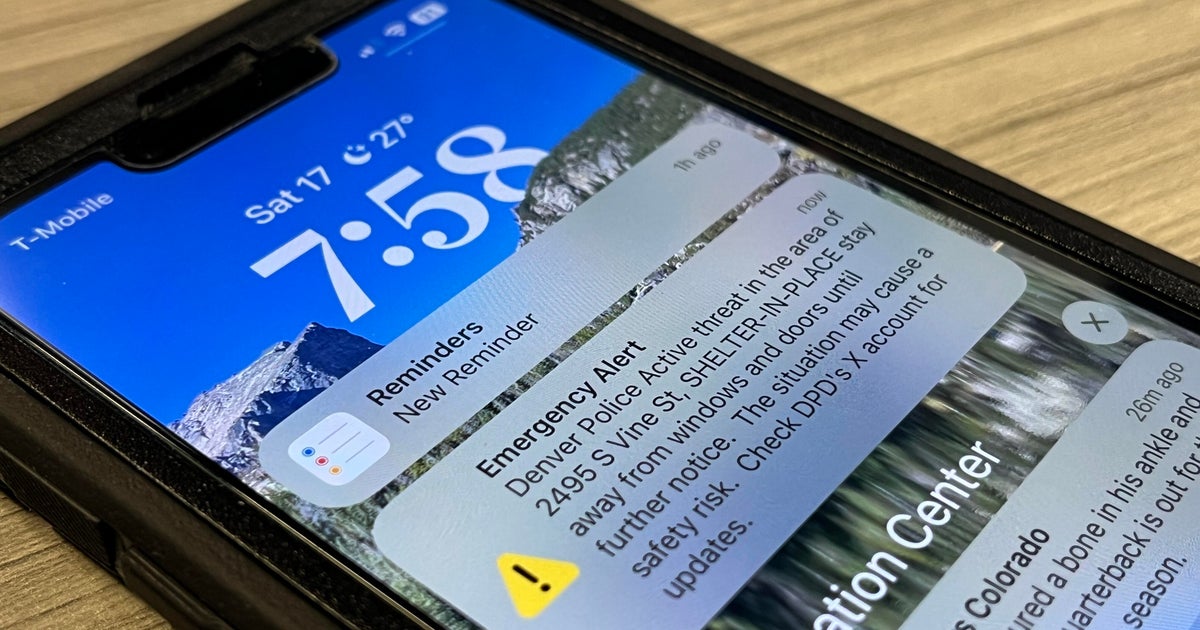Rush University study shows encouraging results for COVID-19 booster shot
CHICAGO (CBS)-- A new study in Chicago has some promising answers in the battle against COVID-19.
Rush University Medical Center researchers say their study shows that receiving a third COVID vaccination, the booster can work wonders, which they say is encouraging news.
"We would say that once somebody gets a booster, the antibody levels jump up between three to five, and sometimes even 10 times higher than even after the first two doses," Dr. James Moy said.
The Rush team is studying more than 1,000 people of varying ages. To keep the study up to speed, most of the participants are health care workers at Rush.
Nurse Barb Swanson is one of the participants and she says her antibody numbers dropped after her vaccinations, but soared back up after her booster.
She says her antibody numbers dropped some after her first two vaccinations.
"Just before I got the booster, my antibody levels had declined to 300 from a peak of 6,000 several months earlier," Swanson said.
Then she got her booster shot.
"My antibody levels shot up to 15,000 and that was two and a half times what they'd been after the second vaccine," She said.
It shows how we can help our bodies work against the virus.
"We know that the more we stimulate the immune system, the better the antibody responds," Dr. Moy said.
Swanson said seeing her antibody levels increase reassured her the boosters do work.
"Moving forward, I have protective immunity against serious illness and in turn protecting my family and friends," Swanson said.
There are different ways the body can fight COVID-19.
Rush officials said T-cells can kill cells that are infected with the virus. Antibodies can neutralize viruses and help T-cells do their job.
Right now, the rush study focuses on antibodies, with hopes to explore T-cell reactions in the future.
"It's well worth it, to know that my antibody levels are that high and hopefully when we get the T-cell data I'm encouraged that we will see robust T-cell responses, at well at least, that's the hope," Swanson said.



